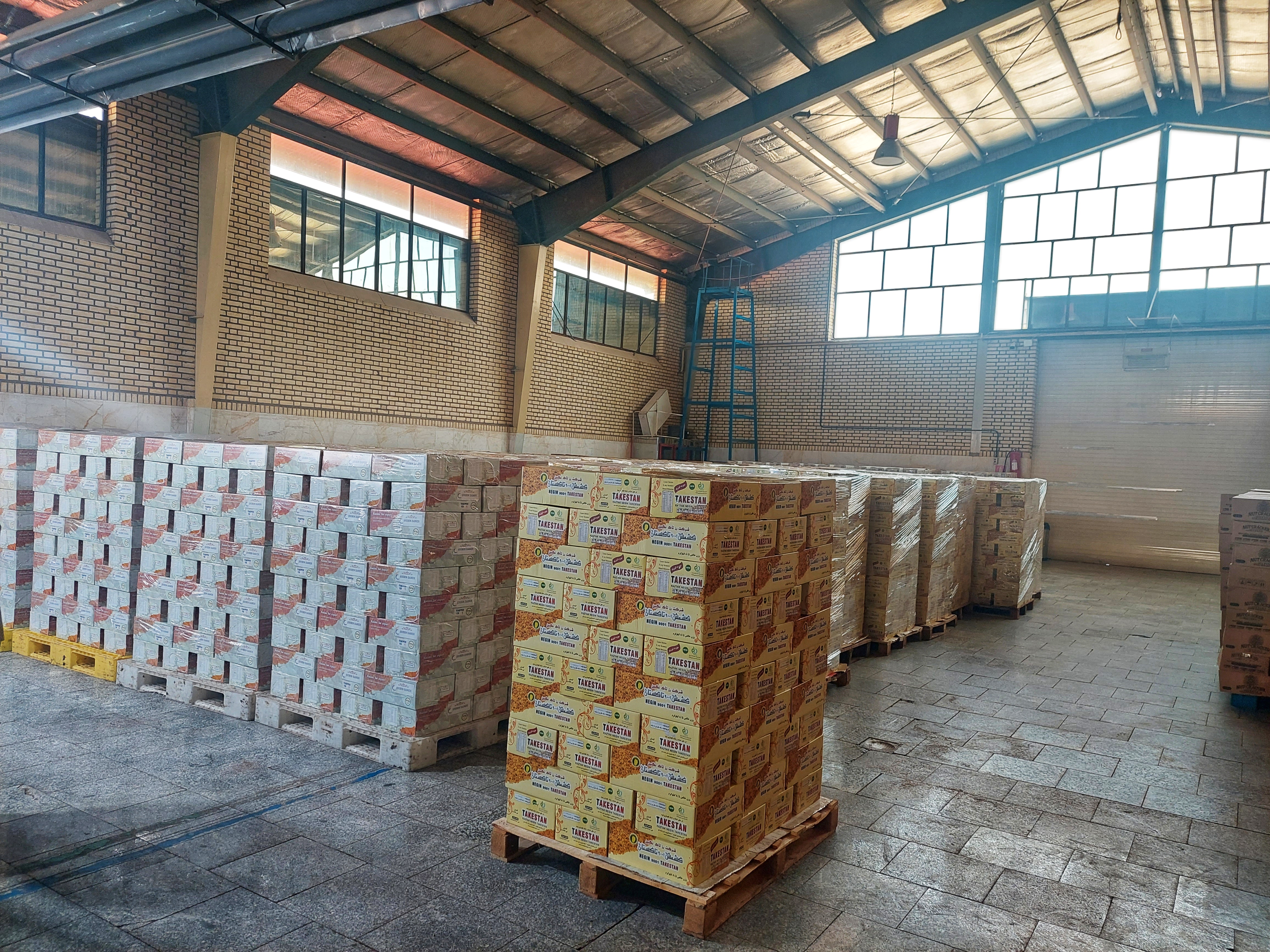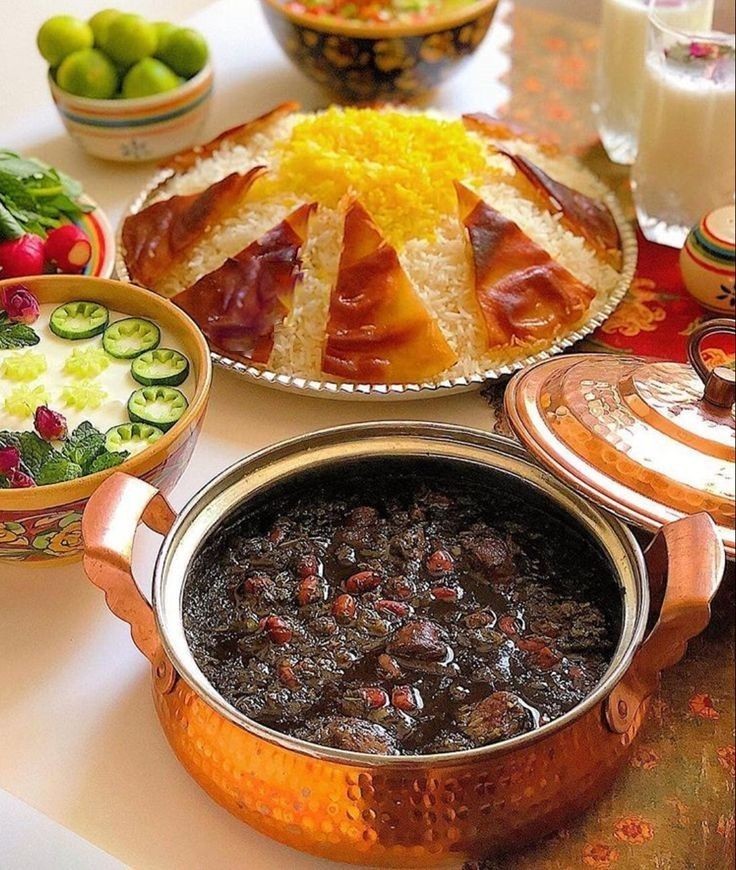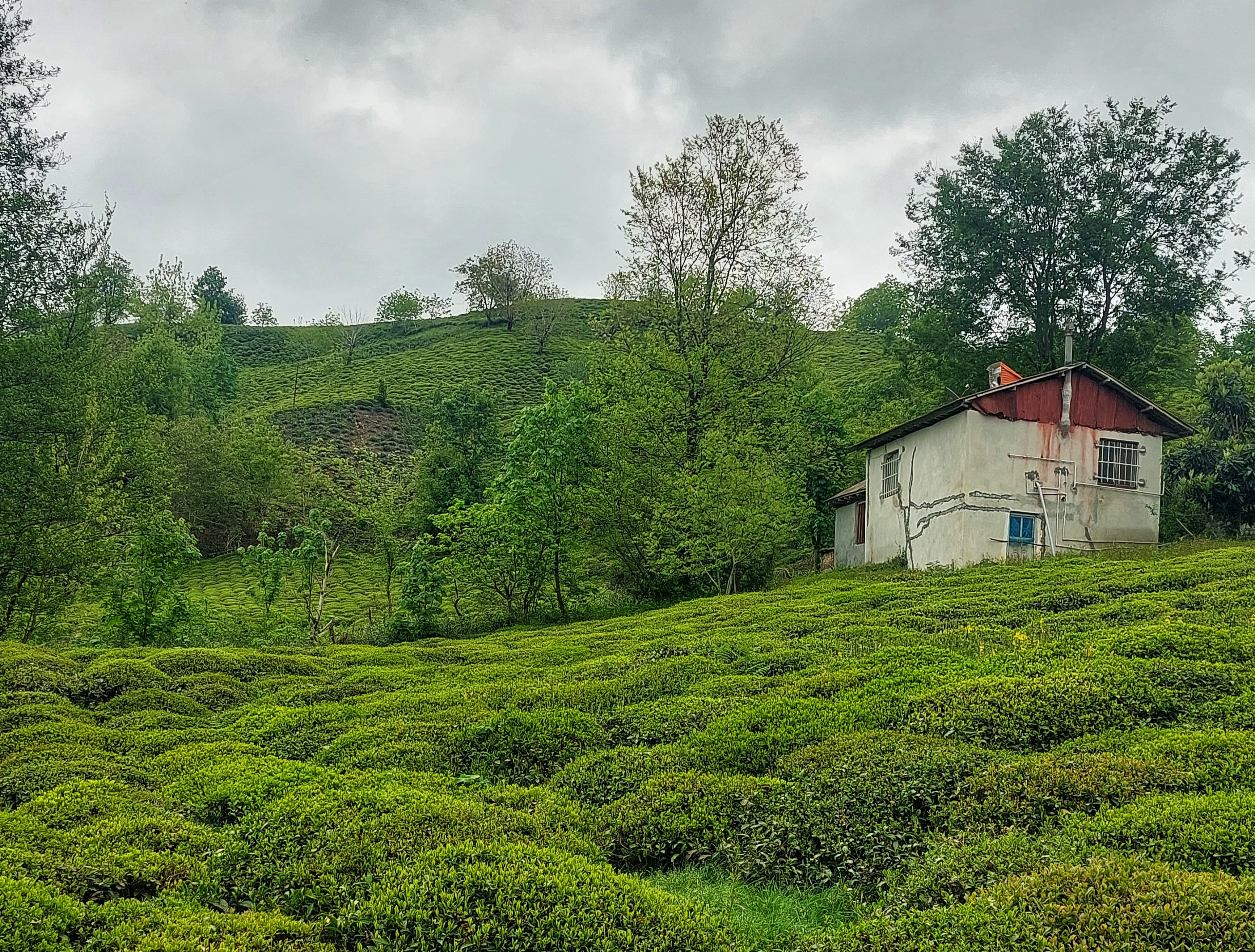Categories
The latest content
-

Iranian Super Negin Saffron in India; 2025 Wholesale Prices, Market Trends, and Consumer Preferences
..
-

Optimal Storage Conditions for Iranian Sultana Raisins; A Complete Guide for Importers and Distributors
..
-

Takestan, The Beating Heart of Raisin Production in Iran
..
-

How Iranian Rice Cultivation and Harvesting Is Interwoven with Tradition and Culture in Gilan Province
..

Tags
CIF Price of Iranian Pekoe Tea in UAE; Market Trends & Consumer Preferences (2025 Update)

The United Arab Emirates has long been a central hub for global tea trade, thanks to its strategic location, multicultural population, and well-established logistics infrastructure. While Sri Lankan and Indian teas dominate much of the shelf space, Iranian tea—particularly the traditional Pekoe grade—has been quietly gaining ground, appreciated for its natural cultivation methods, strong aroma, and full-bodied taste.
As health consciousness and demand for authentic flavors grow among consumers and retailers alike, Iranian Pekoe tea is becoming a sought-after product in both retail and wholesale segments in the UAE.
CIF Price of Iranian Pekoe Tea in UAE (2025)
The CIF price (Cost, Insurance, and Freight included) for Iranian Pekoe tea shipped to UAE ports such as Jebel Ali or Khalifa Port ranges between:
$3.30 – $3.90 USD per kilogram
This pricing typically applies to:
• Bulk shipments (minimum 10 metric tons)
• Standard packaging (25kg or 50kg PP bags or cartons)
• Grade: Pekoe (OP) – orthodox black tea
• Destination: CIF Jebel Ali or Khalifa Port
• Shipment mode: Sea freight
Premium packaging (branded retail boxes or tin packs) may increase the price to $4.0–$4.70/kg CIF, depending on customization, labeling, and compliance with UAE food regulations.
Why Iranian Pekoe Tea is Attracting Attention in the UAE
1. Natural & Additive-Free Processing
Unlike many mass-market teas that rely on artificial coloring or scenting agents, Iranian tea is completely free of additives and chemical treatments, making it a healthier and more authentic option for consumers.
2. Strong, Earthy Flavor Profile
Iranian Pekoe tea delivers a bold, slightly astringent flavor with a reddish-brown liquor, preferred by many South Asian and Middle Eastern tea drinkers.
3. Competitive Pricing
Despite its high quality, Iranian tea is competitively priced, making it an attractive option for both importers and end-users compared to pricier Sri Lankan or Kenyan alternatives.
UAE Tea Market Trends – What’s Driving Demand in 2025?
1. Premiumization of Tea Consumption
Urban UAE consumers, especially in Dubai and Abu Dhabi, are moving away from mass-produced brands toward more authentic, traceable, and premium-quality teas. Iranian tea aligns with this trend.
2. Rise of Specialty Tea Boutiques
Boutique tea retailers and luxury café chains are creating space for lesser-known origins like Gilan and Lahijan (the heartland of Iranian tea), and are willing to pay a premium for organically farmed or story-rich teas.
3. Cultural Affinity and Familiarity
The UAE’s large Iranian diaspora and strong historical ties with Iran give Iranian tea cultural relevance and consumer familiarity—particularly during Nowruz and other traditional occasions.
4. Re-Export Potential
The UAE is not just a final consumer market—it’s also a gateway to GCC, Africa, and parts of Europe. Iranian tea imported to the UAE is often re-exported in bulk or as private-label goods to other countries.
5. Increased E-commerce Channels
Platforms like Amazon.ae, Noon, Talabat Mart, and local specialty sites have begun offering Iranian teas online—boosting visibility and consumer access.
Consumer Preferences: What UAE Buyers Look For?
• Flavor: Full-bodied, aromatic black tea suitable for karak, milk tea, or plain brewing.
• Packaging: Exporters who provide eye-catching, resealable packaging gain better retail traction.
• Certifications: Halal, ISO 22000, HACCP, and organic certifications boost confidence for both retailers and end-users.
• Shelf Life: Longer shelf stability (18–24 months) is often required by importers and retail chains.
• Customization: Private-label options are in demand among UAE-based wholesalers and café chains.
How to Enter the UAE Market with Iranian Pekoe Tea
If you are an exporter or brand owner aiming to penetrate the UAE market, consider the following:
• Register your product with Dubai Municipality (Montaji or ZAD platform)
• Collaborate with local distributors in Deira or Sharjah Tea Market
• Offer FOB and CIF pricing options for flexibility
• Participate in trade fairs like Gulfood or UAE Tea & Coffee Expo
Conclusion
The UAE offers immense potential for Iranian tea exporters, especially those focused on Pekoe grade and higher-quality varieties. With competitive CIF pricing, rising demand for clean-label products, and a re-export-friendly ecosystem, Iranian tea is poised to secure a greater share of the Gulf tea market.
Need Help Importing Iranian Tea to the UAE?
We assist with:
• Pricing & logistics (FOB, CIF)
• Branding and packaging design
• Market entry and distributor connections in Dubai, Abu Dhabi, and Sharjah
Contact us today to discuss your requirement.



